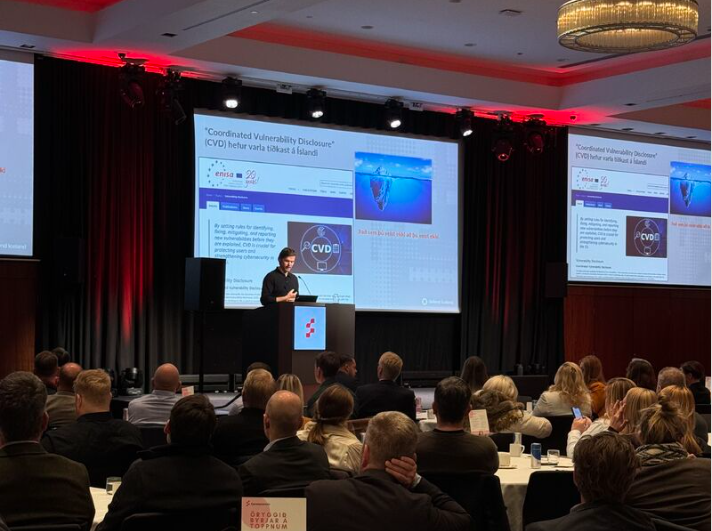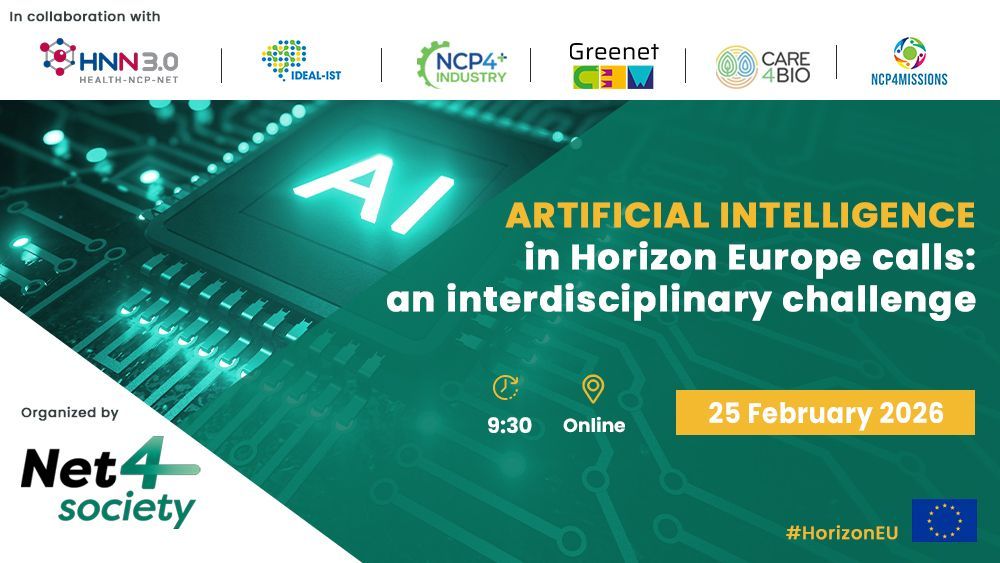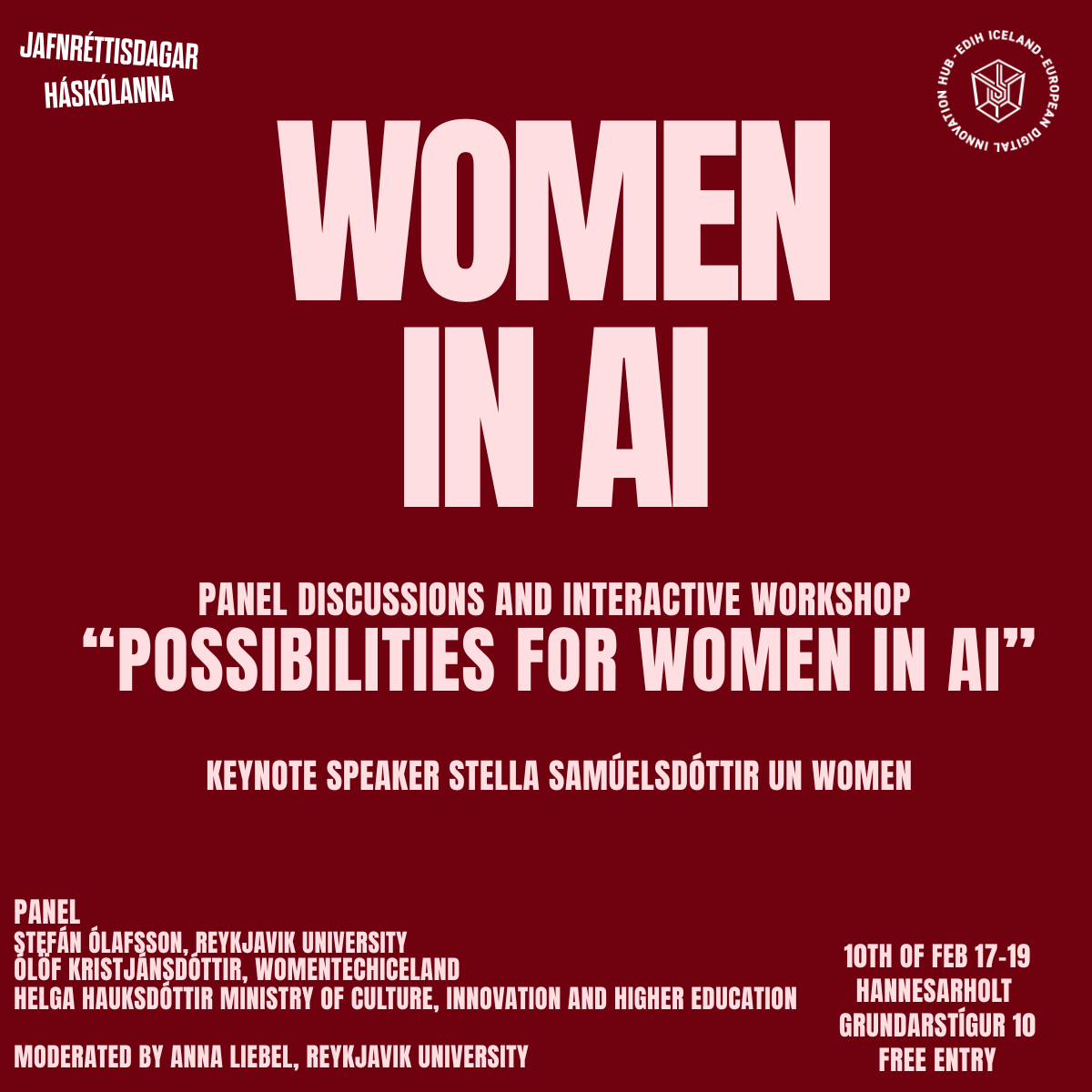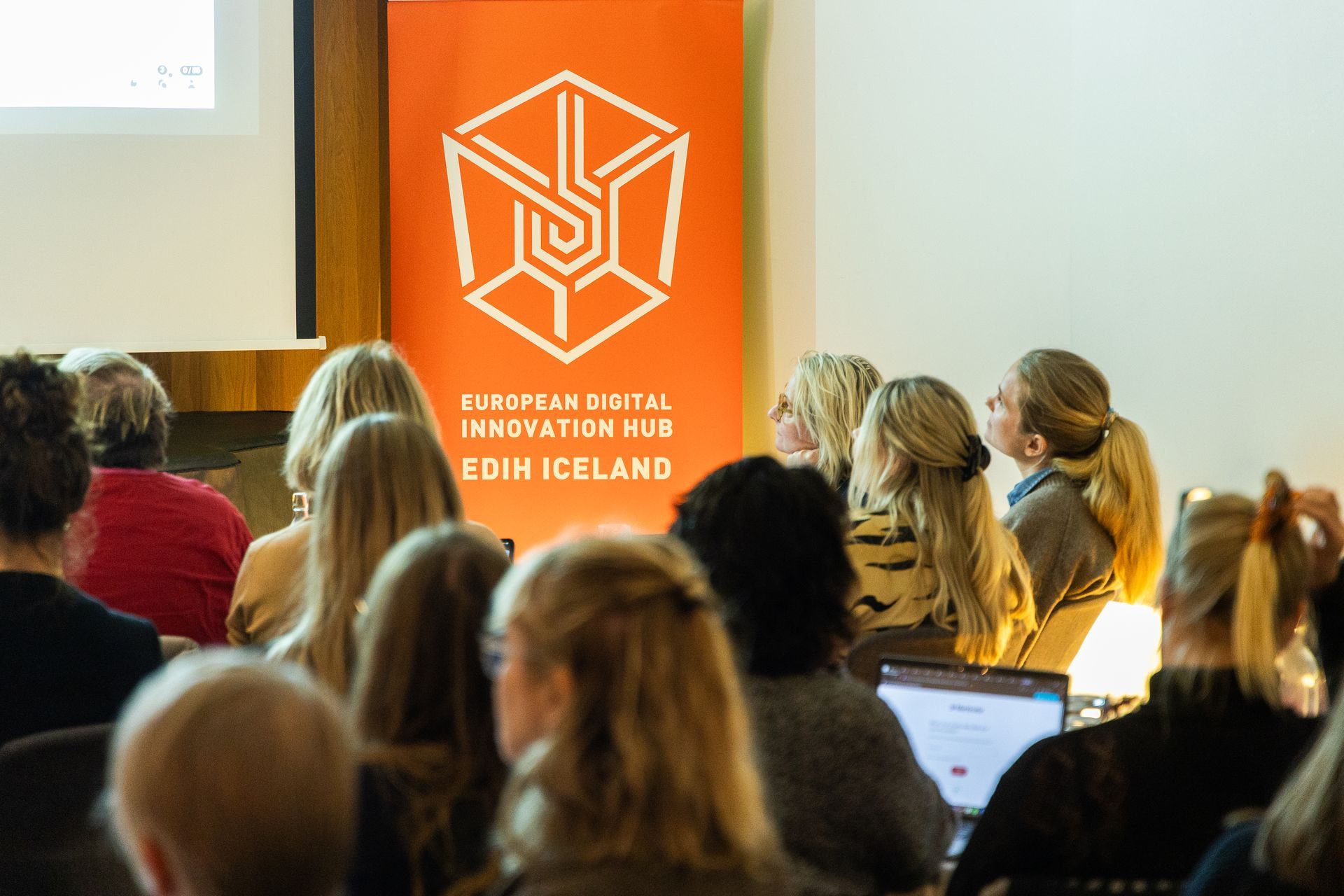Ráðstefna um netöryggismál
/
styrkleikamerki að birta öryggisveikleika

Ráðstefna Fjarskiptastofu um netöryggismál var haldin á Hilton Reykjavík Nordica þann 8. október síðastliðinn. Theódór Gíslason, tæknistjóri hjá Syndis og stofnandi Defend Iceland var einn af fyrirlesurum á ráðstefnunni. Erindi hans kallast „einum veikleika frá Game over“ eða búið spil. Þar færir hann rök fyrir því að öryggisveikleikar séu á vissan hátt jákvæðir ef þeir eru rétt meðhöndlaðir.
„Öryggisveikleiki sem er misnotaður er náttúrulega mjög alvarlegur og getur haft gríðarlega alvarlegar afleiðingar alveg eins og margir hafa séð. Hugmyndin er sem sagt sú að ef öryggisveikleiki finnst á ábyrgan hátt og er tilkynntur á ábyrgan hátt og meðhöndlaður á ábyrgan hátt og birtur á ábyrgan hátt, þá erum við öll ábyrgari sem samfélag. Alveg eins og að við viljum vita hvernig veðrið er, hvort það séu sprungur í jarðskorpunni í jörðinni undir okkur og allt þetta.“
Teódór segir stofnanir þurfa að meta hvaða varnarleysi gagnvart öryggisveikleikum gæti valdið „Game Over“ atburðarás, ekki bara innan þeirra eigin kerfa, heldur einnig í aðfangakeðjum þeirra, með áherslu á samfélagsleg áhrif slíkra veikleika. Hægt er að líkja netöryggisógnum við náttúruhamfarir og því þurfum við að eiga opið samtal um varnarleysi áður en þær valda skaða. Með því geta fyrirtæki komið í veg fyrir stórtjón frekar en að bregðast við eftir atvik. Auk þess fjallaði hann um mikilvægi þess að efla upplýsingamenningu pg að líta ætti á veikleika sem tækifæri til úrbóta. Hvatning til ábyrgrar upplýsingagjafar um varnarleysi hjálpar til við að skapa jákvæða netöryggismenningu og geri stofnanir og samfélag viðnámsmeiri.





